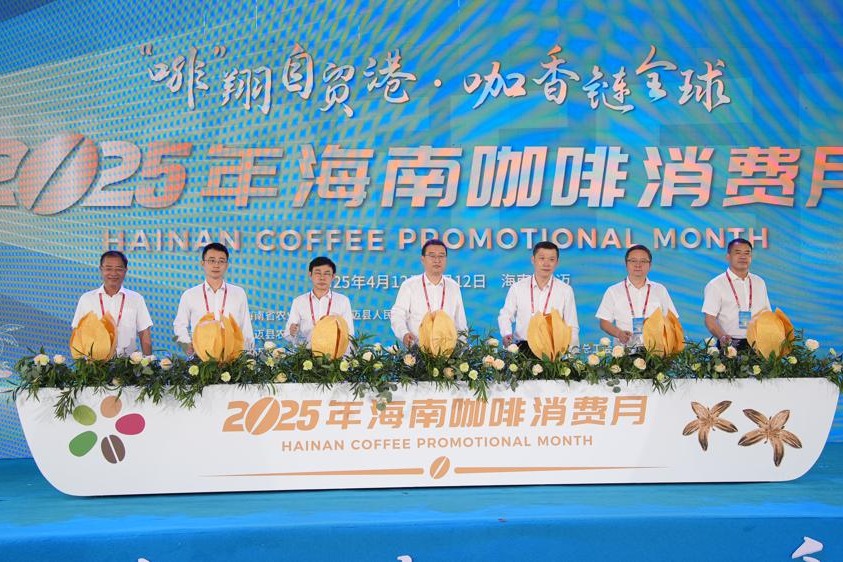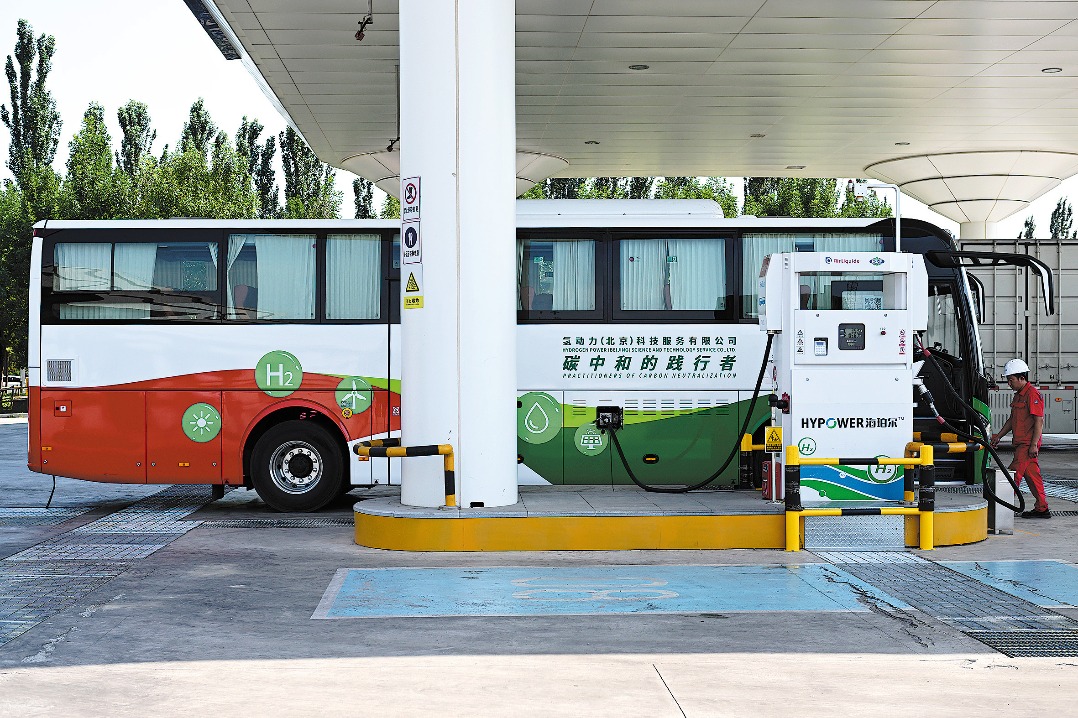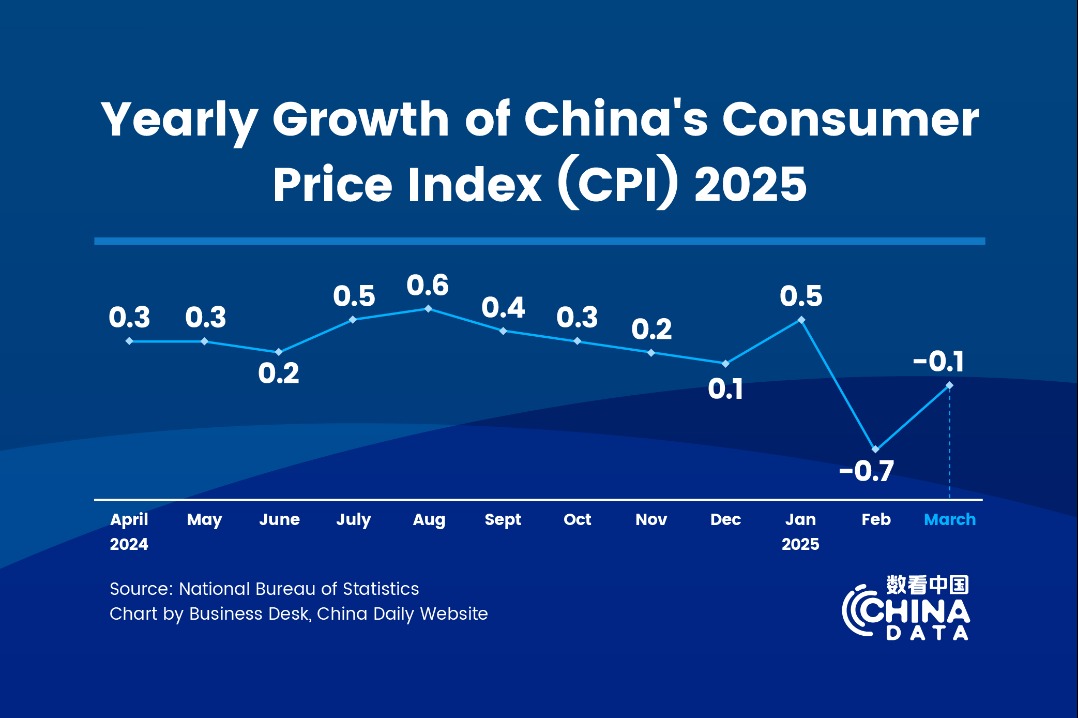Geely rides reform for tech, tie-ups

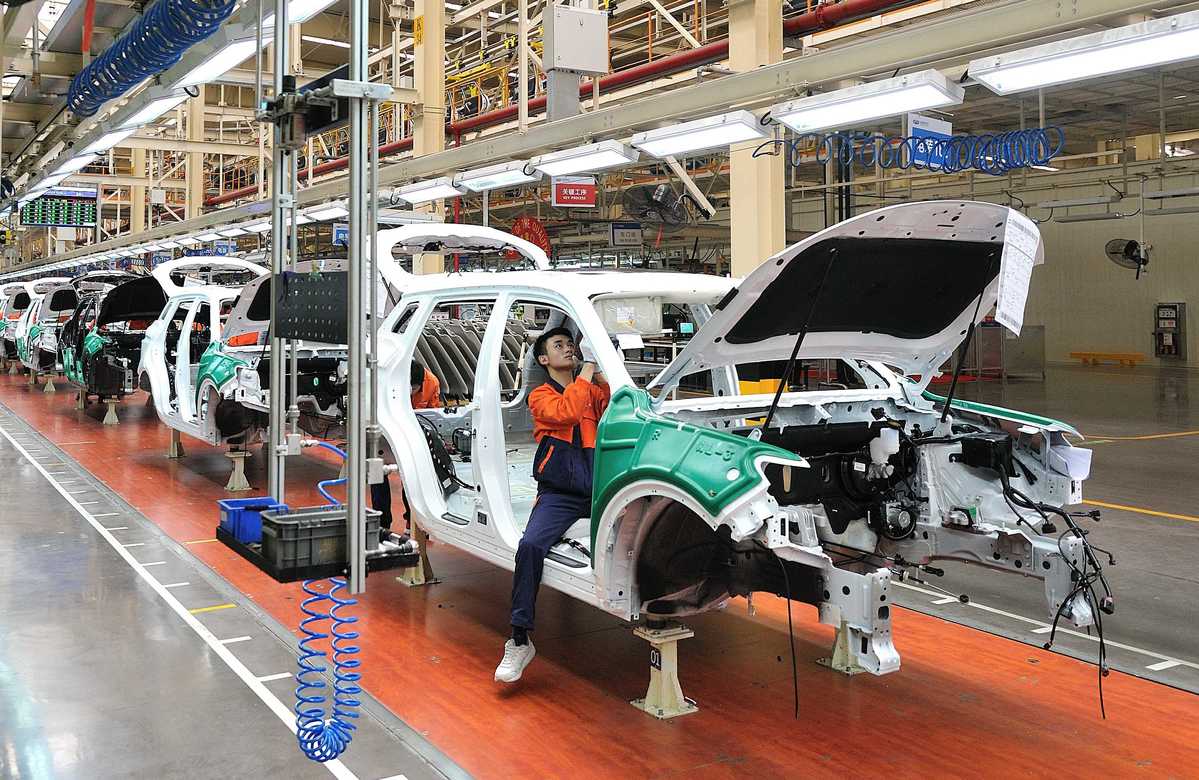
Carmaker evolves rapidly into global player and leader in new energy vehicles segment
In the 1990s, Li Shufu, already a founder of a smallsize motorcycle company in China, said he wanted to make cars next. People thought he was crazy.
Even then, China was a developing economy. For most people, car was an unaffordable luxury. The local automobile market was not big. Indigenous manufacturing technologies were not world-class. So, a foray into cars was not only fraught with risk but bordered on reckless fantasy.
Or so it seemed. But, time has shown Li is an astute businessman, perhaps even a visionary.
Now 55, Li has turned Zhejiang Geely Holding Group into one of China's top three carmakers by sales. For the seventh consecutive year, Geely figured among the Fortune Global 500 companies this year.
Li attributes Geely's transformation to the country's reform and opening-up policies, which have offered many Chinese companies more market-oriented and flexible economic policies to grow. More importantly, they were enabled to participate in global trade.
Founded in 1986, Geely now owns several brands in both domestic and overseas markets. Among its stable are Volvo and London Electric Vehicle Co.
Geely made headlines recently for picking up a nearly 10 percent stake in Germany's Daimler AG, thus becoming the largest single shareholder in the company that produces famous car brands such as Mercedes-Benz.
The Hangzhou, Zhejiang province-based carmaker's sights now stretch far and wide. Its goal is to become globally competitive, riding the opportunities presented by the deepening of reform and opening-up.
"If we at Geely want to achieve sustainable development in the future, global collaborations and technology advancements are extremely important," said Li, who is now chairman of Geely.
"It is a current trend that global automobile companies shake hands with each other to form strategic partnerships, which is an ideal way of reducing costs on things like research and development," Li said.
That philosophy informed Geely's $1.8 billion acquisition of Volvo in 2010, which marked the former's first step toward going global.
"Some people have a misunderstanding that Geely invested a large sum of money in Volvo. In fact, it has not. Instead, we reckon it more as a strategy upgrade and an adjustment of our business direction," Li said.
"During this process, both companies are working together to improve. Volvo mainly helped Geely to improve quality and research and development while Geely helped Volvo in things like cost management."
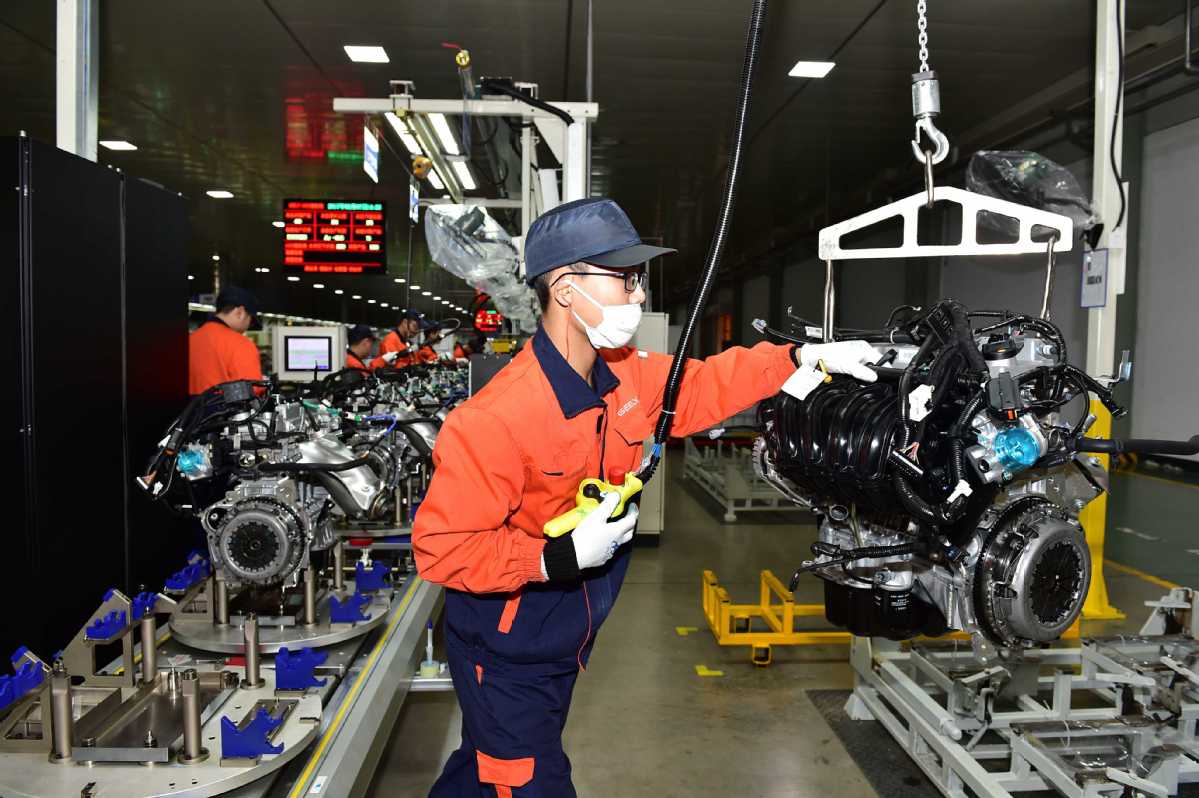
Latest financial data confirmed the deal was "fruitful". Volvo sold more than 317,000 vehicles worldwide in the first half of this year, a record in its 91-year history. This has helped the company to maintain its business vitality.
Geely Automobile Holdings Ltd, the automobile unit of Geely, sold more than 766,000 cars in the same period, up 44 percent year-on-year.
According to the China Association of Automobile Manufacturers, industry-wide sales in China reached 14 million units in the same period, up 5.6 percent year-on-year.
Among the cars sold, 412,000 were new energy vehicles, up 111.5 percent year-on-year.
In line with the current trend, Geely is shifting focus from traditional gasoline-powered cars to new energy vehicles that are artificial intelligence-enabled.
"We will step up our efforts to make AI-enabled, internet-connected smart cars. Such cars will become more intelligent where mobile terminals can be connected to the internet and drivers can talk to the system in the car," said Shen Ziyu, vice-president of the Geely Automobile Research Institute.
"Moreover, we are making it an open platform for developers where developers including Baidu Map (a navigation app from online search firm Baidu) and Ximalaya FM (an online audio content platform) can cooperate with us to co-develop more functions in the car."
In terms of new energy vehicles, Geely launched the Blue Geely Initiative, which industry experts see as one of the most ambitious campaigns to shift from conventionally powered-engines to electric cars, hybrids and plug-in hybrids.
Despite the rapid development of Chinese automotive companies like Geely, China still has a long way to go before it can lead the world's automobile sector, Li said.
He also said in China right now, most automobile companies use different components from across the world while the proportion of homemade components remains relatively low.
"A competitive automobile company is, and must be, based on a well-rounded industry chain in both upstream and downstream channels. To this end, developing car components on one's own is vital," Li said.
Toward this end, Geely is cooperating patiently with Chinese component enterprises. For instance, it invites them to do business with the company to create a collaboration-friendly ecosystem.
"Like this, we are building China's own system of making a complete vehicle and hope it can contribute to the country's independent innovations in the automotive segment."
















